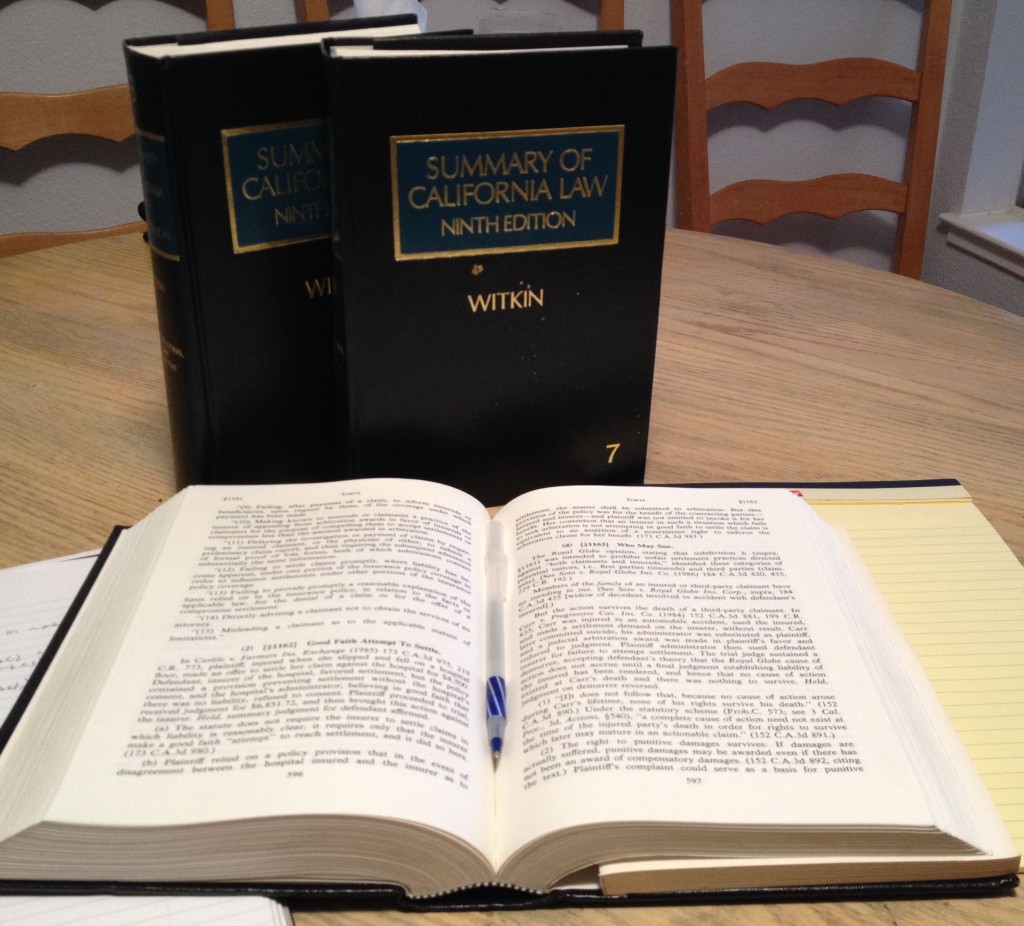What is “Pro Hac Vice” Admission, and Why is it Important?
WHAT IS PRO HAC VICE ADMISSION?
The Latin phrase pro hac vice means “for this occasion only.”
In the practice of law, the phrase refers to the practice of a lawyer who is not admitted to practice in a certain jurisdiction (but who is licensed in another jurisdiction) being permitted to participate as counsel in a single, specific case before the court in that jurisdiction.

DOES CALIFORNIA ALLOW PRO HAC VICE ADMISSION?
Every U.S. state, including California, allows pro hac vice admission. The practice has been customary in U.S. courts since at least 1876. Cooper v. Hutchinson, 184 F.2d 119, 122 (3d Cir. 1950)
However, the specific requirements to apply for and engage in pro hac vice practice differ from state to state (and the requirements are often more stringent in civil law jurisdictions, like Louisiana, than in common law states).
An out-of state U.S. attorney who obtains permission from the California court where the relevant case is pending may appear as counsel in the case, on a pro hac vice basis. However, the court’s permission must be obtained in advance, and in accordance with the California pro hac vice rules.
WHAT ARE THE CALIFORNIA RULES FOR PRO HAC VICE ADMISSION?
Rule 9.40(a) of the California Rules of Court states that “A person who is not a licensee of the State Bar of California but who is an attorney in good standing of, and eligible to practice before, the bar of any United States court or the highest court in any state, territory, or insular possession of the United States, and who has been retained to appear in a particular cause pending in a court of this state, may in the discretion of such court be permitted upon written application to appear as counsel pro hac vice, provided that an active licensee of the State Bar of California is associated as attorney of record.”
Therefore, a person who wants to obtain pro hac vice admission in California must be:
1. (i) a licensed attorney, (ii) in good standing, and (iii) eligible to practice in a U.S. state, territory, or possession other than California;*
2. (i) already retained to appear in (ii) a specific case that is (iii) pending in a California court; and
3. able to find a California-licensed attorney willing to appear as counsel of record in the case.**
In addition, the applicant must not have obtained permission for pro hac vice admission many times in the past. (California Rule of Court 9.40(b) clarifies that “repeated [pro hac vice] appearances . . . is a cause for denial” of an application for permission to appear pro hac vice.)
Attorneys granted permission to appear pro hac vice are subject to the jurisdiction of California courts, and must comply with the California Rules of Court and other legally-mandated practices and court procedures.
*The remainder of Rule 9.40(a) clarifies that the following people cannot apply for or obtain pro hac vice admission in California:
- Attorneys licensed to practice in California (who do not need pro hac vice admission, for obvious reasons)
- California residents (whether or not licensed to practice law in another state)
- Persons regularly employed, or who regularly engage in “substantial business, professional, or other activities” in California.
** Ross Law provides this service (and acts as California local counsel) for out-of-state attorneys and law firms in appropriate circumstances; for more information, please contact our offices.
WHY IS PRO HAC VICE ADMISSION IMPORTANT?
Pro hac vice admission allows out-of-state counsel to represent clients in California courts (with the assistance of California local counsel). Out of state counsel may be more familiar with the client, the claims, and the case than a California attorney. Clients may feel more comfortable with in-house or outside general counsel continuing to take the lead in litigation matters, even when those matters occur outside the client’s “home” jurisdiction. Finally, litigation costs may be lower, and the results more just, if experienced counsel familiar with the client and the case is able to handle the matter in association with local counsel rather than handing off the case to a local attorney who may not understand the background and the client thoroughly.
For these and other reasons, pro hac vice admission (when properly handled) can facilitate access to justice and help to promote efficient litigation.
***
Disclaimer: THIS ARTICLE IS FOR INFORMATIONAL PURPOSES ONLY, AND DOES NOT CONSTITUTE LEGAL ADVICE OR CREATE AN ATTORNEY-CLIENT RELATIONSHIP BETWEEN THE AUTHOR OR ROSS LAW AND ANY PERSON. Your legal rights and experiences may vary. Never use an online article (including this one) to evaluate your legal rights or claims. Consult an experienced attorney promptly to obtain a personalized evaluation of your claims, potential damages, and the various legal rights and options available to you.
You may lose or compromise your rights if you delay in consulting legal counsel. Most legal claims (and defenses), as well as legal and court procedures, are complicated and fact-dependent. If you believe you have a claim against someone who injured you, a lawyer who represented you in a previous lawsuit, or any other legal claim, consult an experienced lawyer immediately for an evaluation of your individual rights and claims.














